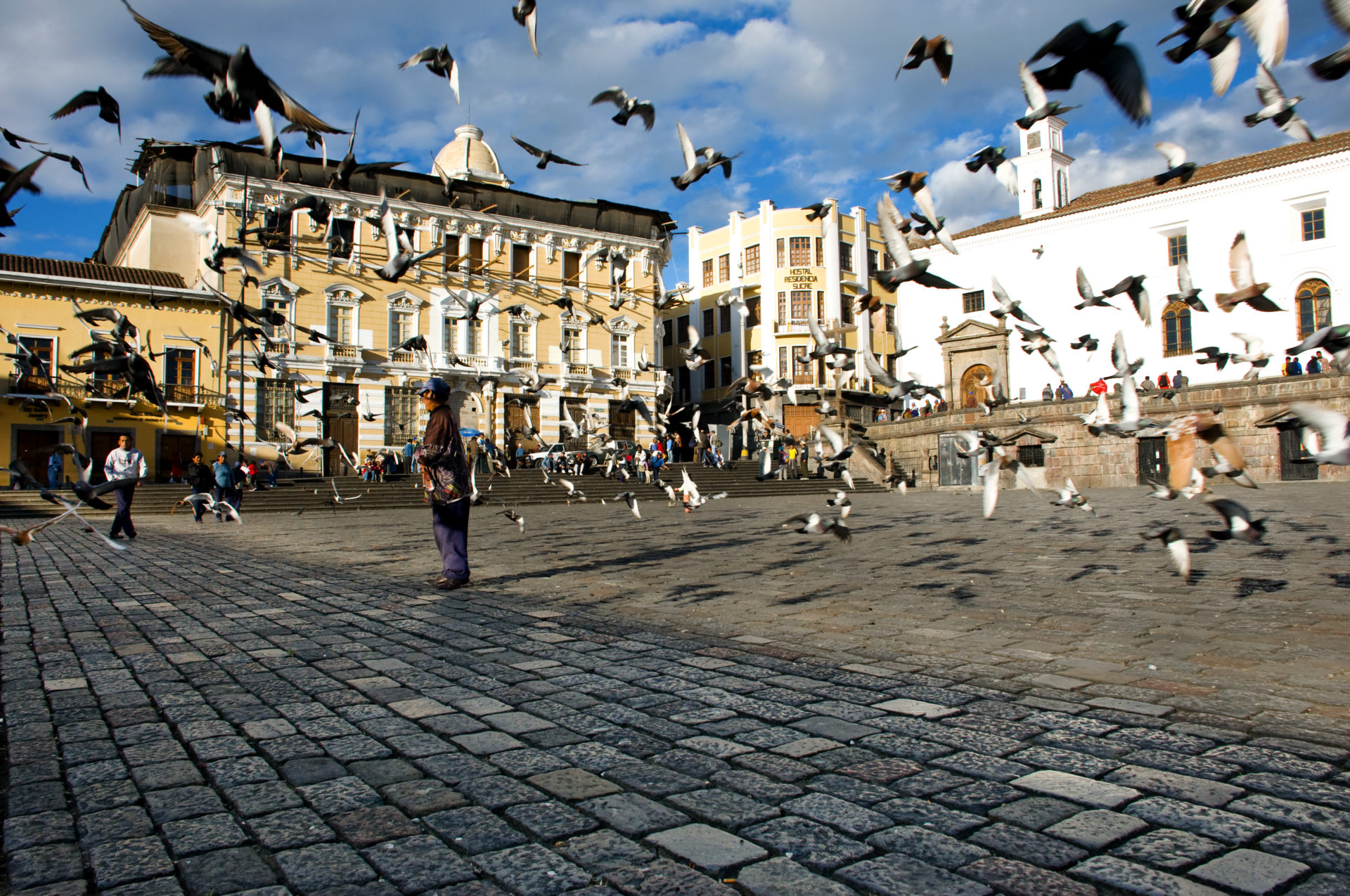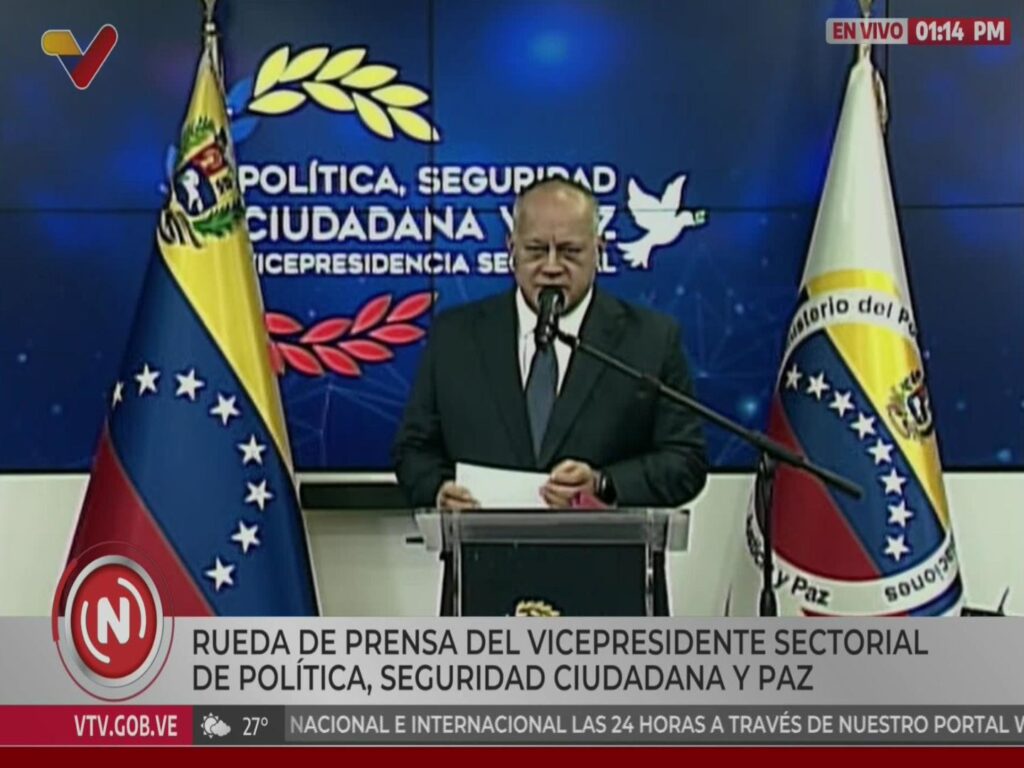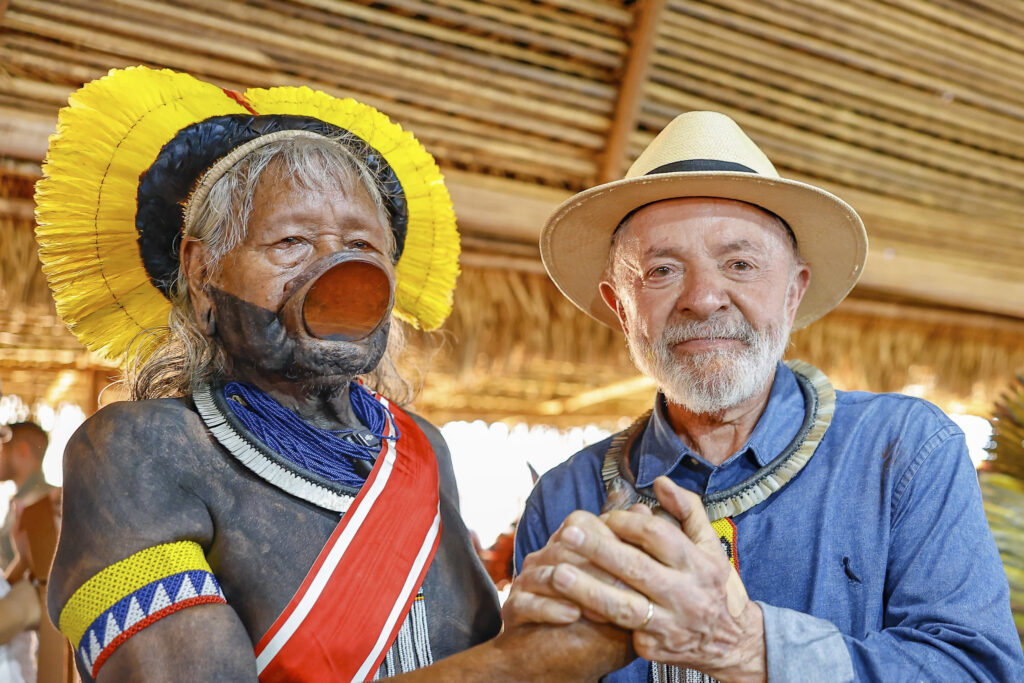Recent protests in Ecuador over deeply unpopular austerity measures brought the country to a standstill. A transport union strike — which was declared over center-left President Lenin Moreno’s incendiary proposal to cut fuel subsidies worth $1.3 billion — froze public transport. This opened up the opportunity for demonstrators to block roads in the capital city of Quito and across other smaller cities for a period of 11 days.
Although Moreno has since agreed to abandon the proposed subsidy cuts in favor of tax reforms, the transport strikes and subsequent violent protests had a disastrous impact upon some startups in Ecuador.
“Now, companies are worried about how they are going to pay their employees because we had about 12 days of no work,” 26-year-old Priscila Álvarez, co-founder of Ecuadorian social impact startup HandEyes told Latin America Reports. “[Companies] are more concerned with getting their businesses back to normal again than having a social impact or supporting entrepreneurship.”
“Over 10 days we had to postpone meetings, deliveries, transport — we couldn’t even get into the offices,” echoed Juan Martín Freile, co-founder of Mynkana, a market research startup based in Quito.
Although his company’s productivity levels were not affected, 33-year-old Hugo Jacome — president of accessible technology startup Talov — admitted that he believed the demonstrations had tainted the image of Ecuador in the eyes of investors, among whom confidence in the unstable Ecuadorian economy was already low.
“At the end of the day, the situation got out of control … it would have been very negative for any state,” Jacome said. “It projects the image that certain decisions can end in confrontation.”
“Who would want to invest in such an unstable country?” asked Freile, rhetorically.
Although the protests — which in some cases ended in violence — have for the most part calmed down, there is still a feeling of tension in the air and startups continue to reel from the hit they took, local entrepreneurs claimed.
As Ecuador’s unstable economy struggles to pay back an IMF loan of $4.2 billion that it took out in February, the startup ecosystem has deteriorated and is suffering from a lack of government support.
“Being an entrepreneur in Ecuador is very difficult,” Freile said. “The labor and accounting laws are also very limiting and inflexible, which inhibits innovative ideas that can create value.”
“Acquiring funding is complicated,” added Álvarez, explaining that although low-interest loans are available, they are difficult to access. Yearly competitions to ease startup access to seed funding also exist, she said, although they only tend to reward one winning startup.
“Both the government and business people have forgotten that everything starts with entrepreneurship,” she said.
According to Ecuadorian newspaper El Telegrafo, this April, the Ministry of Production, Foreign Trade and Investment launched a new support program for entrepreneurs, with a budget of $12 million to finance new business ventures in the country. The program hopes to provide support to around 250 entrepreneurs in Quito.
Entrepreneurs have launched a proposal to create an Entrepreneurship Law, which has not yet been approved by the National Assembly, but would put in place government obligations to encourage entrepreneurs to pursue their ideas.
Data from El Telegrafo highlights that there is no shortage of entrepreneurs in Ecuador, putting the rate of entrepreneurial activity in 2017 above Colombia, Peru and Chile at 29.6 percent. “At the end of the day, the rate of entrepreneurship is high,” Álvarez agreed.
The problem, however, is the lack of support, which prevents early-stage startups from obtaining credit and established ones from stabilizing their business models. Ecuador’s recent protests have highlighted the fact that the country’s startup ecosystem does not currently have the resources or stability to allow many companies to fully grow within its borders. As a result, talented Ecuadorian entrepreneurs like Jacome and Freile like are seeking better opportunities elsewhere.











